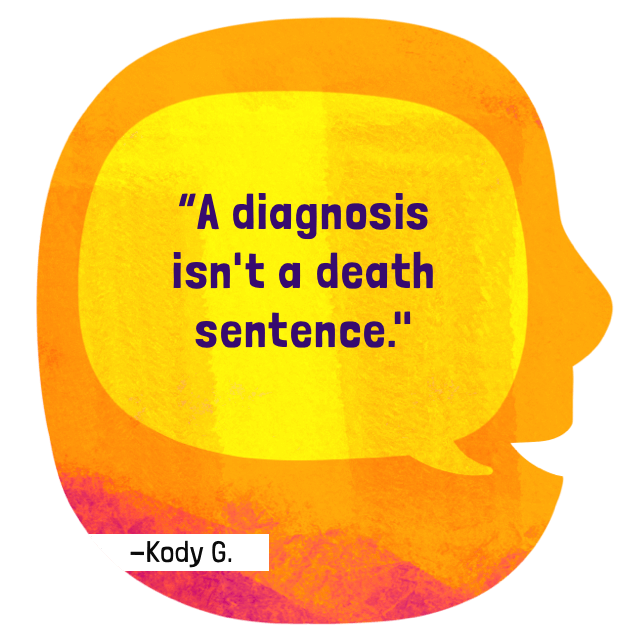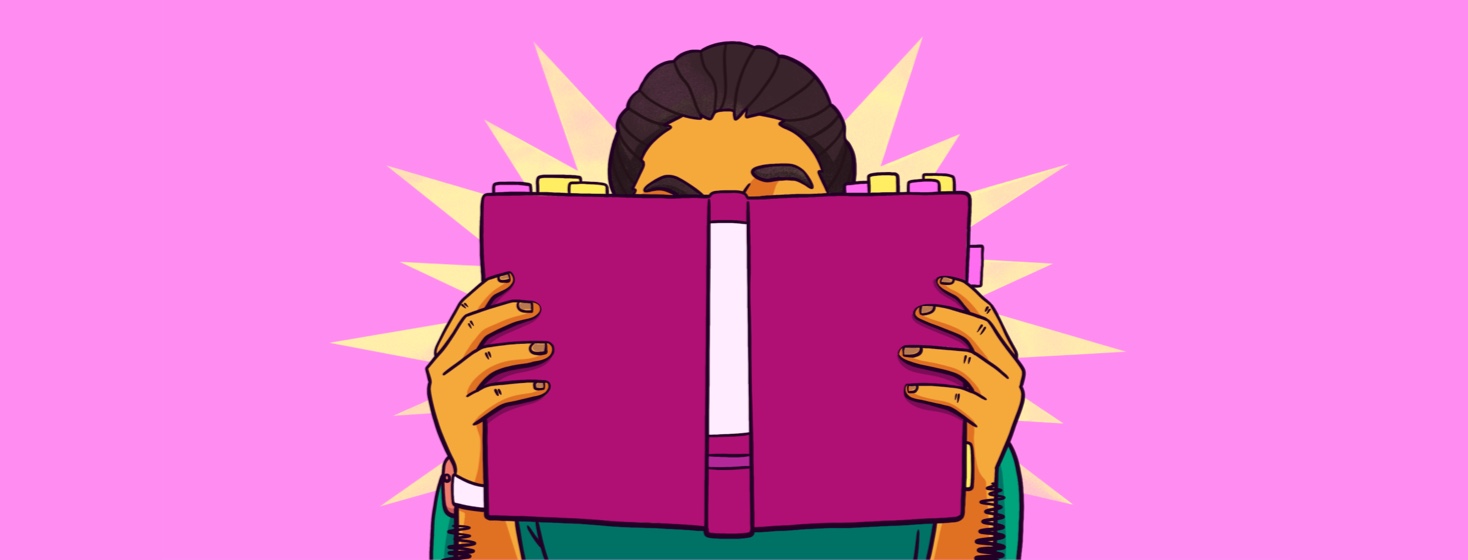5 Things I Wish I Knew When I Was Diagnosed With Schizophrenia
Being diagnosed with a serious mental illness like schizophrenia is just a confusing, scary, and unnerving life experience.
How will I live with schizophrenia?
I was diagnosed with schizophrenia at just 21 years old and was so unsure of what my future would look like. Even after starting medication and treatment, it's so challenging to regain confidence and start pursing goals and rebuilding a functional day-to-day life still while struggling with mental illness.
After almost a decade of getting my diagnosis, finding success in treatment/medication, and becoming a full-time schizophrenia advocate, I want to share 5 things I wish I knew when I was diagnosed with schizophrenia.
5 things to remember after a schizophrenia diagnosis
1. Communication is key
Your care team cannot effectively help you if you don't tell them what is wrong. I know this is easier said than done, because people with severe mental illness are often afraid of involuntary hospitalization. (That was something I struggled with, too.)
Unfortunately, your medical care team and the family support may struggle to help you if you don't tell them what issues you are having. Communication with the people around you are the only way to make sure your needs are met, and you get the care that YOU DESERVE. If you feel like your needs aren't being met even after effectively communicating them, it may be time to consider reevaluating your care team.
2. Ask for resources
One of the best aspects of getting a diagnosis is being able to have access to additional resources. Unfortunately, providers don't usually elaborate on the local and online resources that are available to you.
There are often local peer support groups, employment assistance, housing assistance, and much more. You can also find many resources online including hotlines, peer support groups, family support groups, etc. These resources are out there, and it took me years to find them because I wasn't aware they even existed. Which leads me to my next topic.
3. Peer support can help you feel less alone
I honestly believe peer support groups may have saved my life. I grew up in a rural town in Wisconsin where resources, access to treatment, and other individuals with schizophrenia are extremely limited.
It's easy to feel alone when you are first diagnosed, especially if you don't know anyone who has struggled with similar symptoms. Thankfully, most communities have local peer support groups, or you can find groups online!
Peer support is so important for helping you feel less alone in your struggles. It can create a community for individuals to discuss their daily symptoms, successes with medication and treatment, and to work through the frustrations that come with a mental illness diagnosis.
4. Medication doesn't have to be scary
The stigma around medication is almost as bad as the stigma around mental illness itself.
Medication is something I refused for so long, solely based on the negative comments I would hear about medication in my small, rural community. People acted like medication meant that the person taking it was in some way a failure or did something wrong.
The truth is that medication can be lifesaving, especially if you work closely with your provider to find the correct medication and dosages for you. Every person may react differently to medication, and there can be side effects, but if you have good communication with your medical care team, you may find a medication combination that makes your daily life more manageable.

I thought the day I received my diagnosis was the end of my life as I knew it, but the truth was it was just a new beginning. As scary and confusing as my diagnosis was, that was the gateway to finding resources, treatment, and medication that would give me my life back.
I remember the day of my diagnosis and being terrified because I had only ever seen negative representation of schizophrenia on the news, TV shows, or movies. I had never seen someone living a fulfilling or successful life with a schizophrenia diagnosis.
After years of advocacy, I know now that people all over the world have built amazing lives despite their diagnosis. I never thought I'd be stable or coherent enough to share my story, but I have, and so can YOU.
